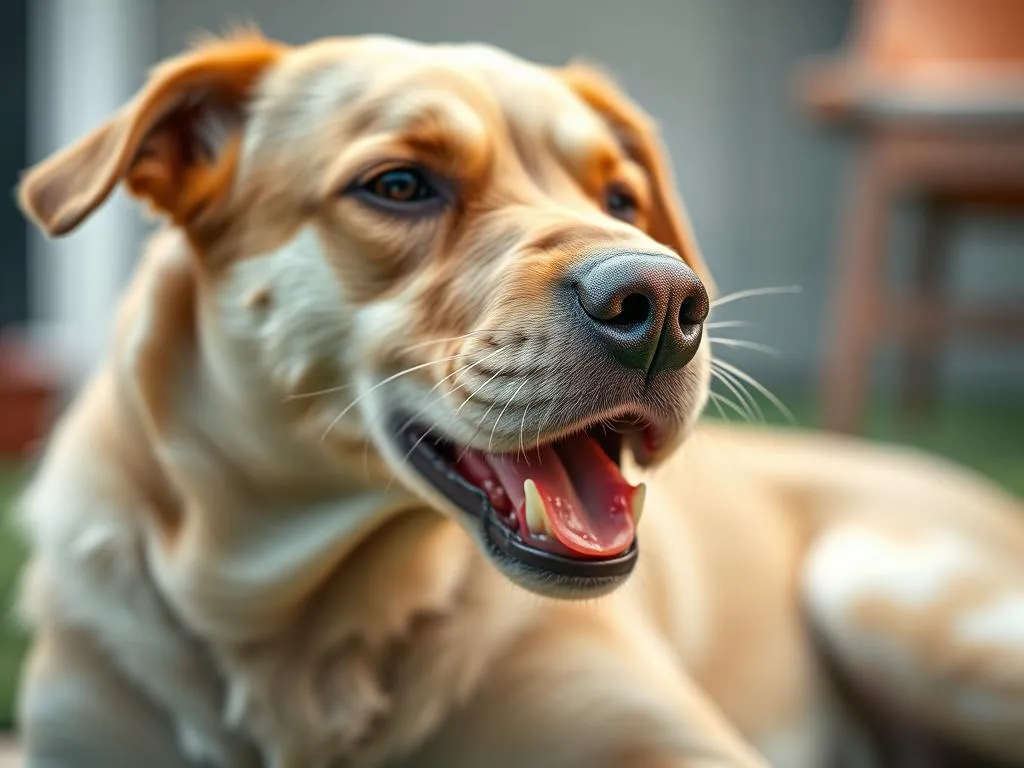
Introduction
Dogs are known for their curious and playful nature, often engaging in behaviors that leave their owners puzzled. One such behavior that raises eyebrows is when my dog keeps eating flies. While this may seem like a harmless quirk to some, it’s essential to understand the underlying reasons behind this behavior and the potential health risks involved. In this article, we will explore why dogs eat flies, the health implications, how to assess your dog’s health when this occurs, and what preventive measures can be taken.
Understanding the Behavior
Reasons Dogs Eat Flies
Dogs are natural hunters, and their instincts can sometimes lead them to chase and eat insects, including flies. This behavior can stem from several factors:
-
Natural Instinct and Hunting Behavior: Dogs have a built-in drive to chase and catch small moving objects. Flies, with their erratic flight patterns, can quickly become an enticing target for your furry friend.
-
Curiosity and Playfulness: Dogs explore their environment with their mouths. Flies, buzzing around, can pique a dog’s curiosity, leading them to catch and eat them out of sheer playfulness.
-
Nutritional Deficiencies and Dietary Habits: In some cases, dogs may eat flies due to nutritional deficiencies in their diet. They might instinctively seek additional protein or other nutrients they are lacking.
Potential Risks Involved
While chasing flies can be entertaining, there are potential risks associated with this behavior:
-
Health Risks from Eating Flies: Flies can carry parasites and harmful bacteria that may pose health risks to dogs. Additionally, certain types of flies may be toxic if ingested.
-
Risk of Gastrointestinal Upset: Eating flies can lead to gastrointestinal issues such as vomiting or diarrhea, especially if a dog consumes a large number.
-
Allergic Reactions or Sensitivity Issues: Some dogs may have sensitivities or allergic reactions to the proteins or substances found in flies, leading to skin irritations or other health issues.
Assessing Your Dog’s Health
Observing Behavior
If you notice that my dog keeps eating flies, it’s essential to observe their overall behavior:
-
Signs of Excessive Fly-Eating: If your dog is constantly attempting to catch and eat flies, it could indicate an underlying issue that needs to be addressed.
-
Changes in Overall Behavior and Appetite: Pay attention to any changes in your dog’s behavior or appetite. If they seem lethargic, disinterested in food, or unusually restless, it could be a sign of health problems.
Health Indicators to Monitor
Keep an eye out for these health indicators:
-
Vomiting or Diarrhea: Frequent vomiting or diarrhea can indicate that your dog has ingested something harmful.
-
Lethargy and Changes in Energy Levels: A noticeable drop in energy levels or an unwillingness to engage in regular activities can signal that something is wrong.
-
Skin Irritations or Allergic Reactions: Watch for signs of skin irritations, such as excessive scratching, redness, or swelling, which could indicate an allergic reaction.
What to Do When Your Dog Eats Flies
Immediate Steps to Take
If you find yourself in the situation where my dog keeps eating flies, take the following immediate steps:
-
Monitor the Dog for Symptoms: Keep a close eye on your dog for any signs of distress or illness. Monitoring their behavior can help you catch potential problems early.
-
Encourage Drinking Water to Flush the System: Ensure that your dog has access to fresh water. Hydration can help flush out any unwanted substances from their system.
When to Consult a Veterinarian
Consult a veterinarian if you notice any alarming symptoms:
-
Symptoms That Warrant Immediate Attention: If your dog exhibits severe vomiting, diarrhea, or shows signs of distress, it’s crucial to seek veterinary care.
-
Importance of Professional Evaluation: A veterinarian can provide a proper assessment of your dog’s health and recommend appropriate treatment if necessary.
Preventive Measures
Managing the Environment
Preventing your dog from eating flies can often be managed through environmental controls:
-
Keeping Outdoor Areas Clean and Fly-Free: Regularly clean your yard and living spaces to minimize fly attraction. Dispose of food waste promptly and consider using fly traps.
-
Using Natural Repellents to Deter Flies: Explore natural fly repellents that are safe for pets to help reduce the fly population in your home and yard.
Dietary Adjustments
A well-balanced diet can help prevent your dog from seeking out flies:
-
Ensuring a Balanced Diet to Prevent Nutritional Deficiencies: Consult your veterinarian to ensure your dog is receiving all necessary nutrients in their diet.
-
Providing Appropriate Chew Toys to Satisfy Hunting Instincts: Offering engaging chew toys can fulfill your dog’s need to hunt and chase, reducing their interest in chasing flies.
Long-term Solutions
Training and Behavior Modification
Training your dog can help modify their behavior over time:
-
Positive Reinforcement Techniques to Discourage Fly-Eating: Use treats and praise to reward your dog for ignoring flies. This can help reinforce desirable behaviors.
-
Redirecting Attention to Appropriate Activities: Engage your dog in other activities, such as fetch or tug-of-war, to redirect their hunting instinct away from flies.
Regular Vet Check-ups
Routine vet visits are essential for your dog’s overall health:
-
Importance of Routine Health Screenings: Regular check-ups can help identify and address any health concerns before they escalate.
-
Discussing Behavioral Concerns with a Veterinarian: If fly-eating becomes a persistent issue, discussing it with your vet can provide valuable insights and solutions.
Conclusion
In summary, if my dog keeps eating flies, it’s crucial to understand the reasons behind this behavior and the potential health risks involved. Monitoring your dog’s health, providing a balanced diet, and implementing preventive measures can significantly reduce the likelihood of this behavior becoming problematic. If you notice concerning symptoms, do not hesitate to consult your veterinarian for professional advice. Remember, proactive dog health care and a watchful eye can go a long way in ensuring your furry friend remains happy and healthy.









